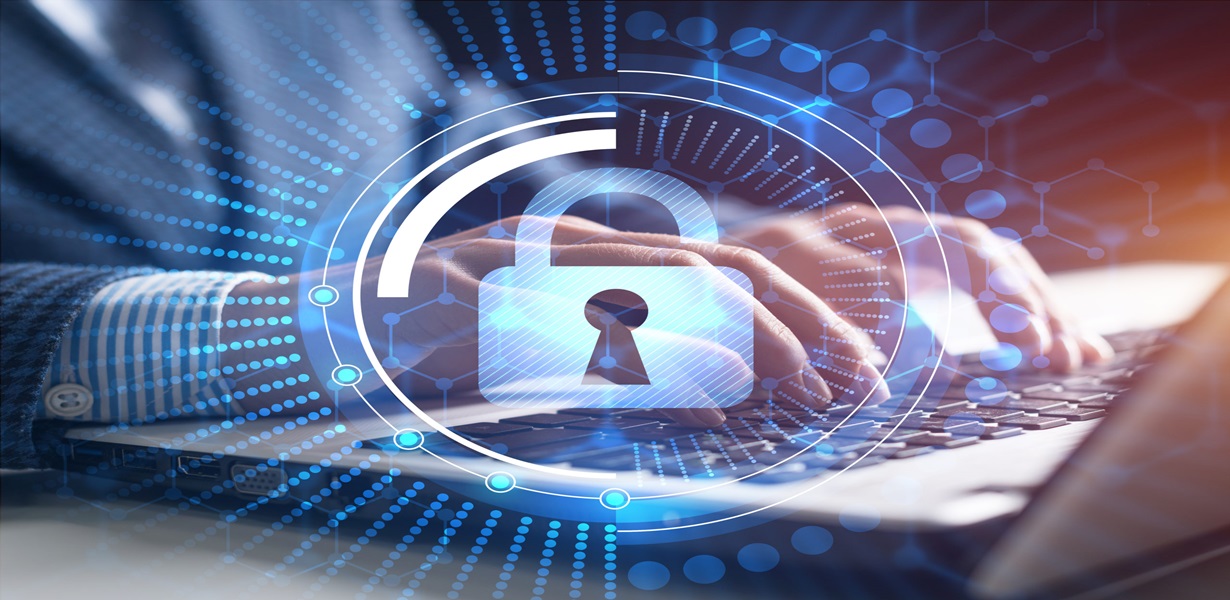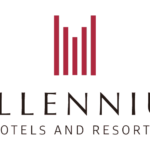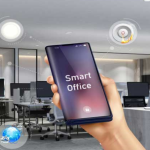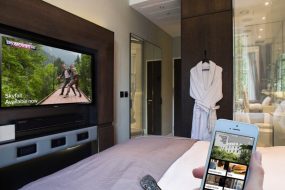
In the fast-paced world of business, professionals often find themselves traveling to various destinations, staying in hotels, and working remotely. Business hotels have become a go-to option for corporate travelers, offering comfort and convenience. However, as these establishments cater to the needs of their guests, they also become potential targets for cyber threats. In this comprehensive guide, we explore the importance of cybersecurity in business hotels, providing insights on how to protect sensitive data during your stay.
Understanding the Cybersecurity Landscape
Business hotels are attractive targets for cybercriminals due to the wealth of data they handle. From personal and financial information to corporate data, hotels store a treasure trove of sensitive details. Here, we delve into the evolving landscape of cybersecurity and the threats faced by both guests and hotel operators. Cyber threats are ever-evolving and range from data breaches and phishing attacks to malware and ransomware incidents. As businesses increasingly rely on technology for their operations, the risks continue to grow. To counter these threats, understanding the current cybersecurity landscape is crucial.
The Importance of Secure Wi-Fi Networks
One of the primary concerns for business travelers is secure internet access. Business hotels offer Wi-Fi services to cater to the connectivity needs of their guests. However, the security of these networks can vary widely. In this section, we explore the significance of secure Wi-Fi networks and how to identify them. When connecting to hotel Wi-Fi, it is essential to look for networks that require a password for access. Public, unsecured networks are prime targets for cyberattacks. Using a Virtual Private Network (VPN) can add an extra layer of security, encrypting your data and ensuring a safe connection.
Protecting Your Devices and Data
Business travelers often carry multiple devices, including laptops, smartphones, and tablets. These devices store valuable information and are vulnerable to theft or compromise. In this section, we discuss best practices for safeguarding your devices and data during your hotel stay. It is advisable to encrypt your devices and enable remote tracking and data wiping features. Keeping your software and security applications up to date is essential. Moreover, avoid using public computers in hotel business centers for sensitive tasks.
Safeguarding Personal Information
Hotels collect personal information during the check-in process, such as your name, address, and credit card details. Protecting this information is of paramount importance. Here, we provide tips for safeguarding your personal data while staying in business hotels. Always use a credit card for hotel transactions, as they offer more protection against fraud than debit cards. Review your credit card statements regularly for any unauthorized charges. It’s also a good practice to shred any printed documents containing personal information.
Employee Training and Security Measures
A significant aspect of cybersecurity in business hotels is the level of training and security measures in place. Guests rely on hotel staff to keep their data safe. In this section, we shed light on the importance of well-trained employees and robust security protocols. Hotel employees should be well-versed in cybersecurity practices and how to respond to potential threats. The installation of security cameras and access control systems can deter unauthorized access to sensitive areas, such as server rooms and storage facilities.
Common Cybersecurity Pitfalls in Business Hotels
Despite the efforts made by hotels to enhance cybersecurity, there are common pitfalls that can leave them vulnerable to attacks. Understanding these pitfalls is crucial for both guests and hotel management.
- Lack of regular security audits and assessments.
- Inadequate employee training and awareness.
- Insufficient data encryption and protection measures.
- Outdated hardware and software systems.
Final Words
As business professionals, your stay in a business hotel should be characterized by comfort and peace of mind. However, cybersecurity should never be taken lightly. By being vigilant and following the practices outlined in this guide, you can ensure that your sensitive data remains secure during your stay. Remember, cybersecurity is a shared responsibility between guests and hotel operators. Your awareness and actions can go a long way in safeguarding your digital presence.
Commonly Asked Questions
1. How can I check if a hotel’s Wi-Fi network is secure?
Look for networks that require a password for access.
Consider using a VPN for added security.
2. What should I do if I suspect a data breach at the hotel?
Inform hotel management immediately.
Monitor your financial accounts for unusual activity.
3. Are there specific cybersecurity certifications for hotels?
Yes, hotels can obtain certifications such as PCI DSS for payment card data security and ISO 27001 for information security management systems.
4. How can hotels protect guest data from cyber threats?
By implementing strong cybersecurity measures.
Conducting regular security audits and employee training.
5. Is it safe to use the hotel’s business center for work-related tasks?
It is generally safer to use your own devices for work tasks.
If necessary, take precautions such as avoiding sensitive tasks in public spaces.
Advertisement








